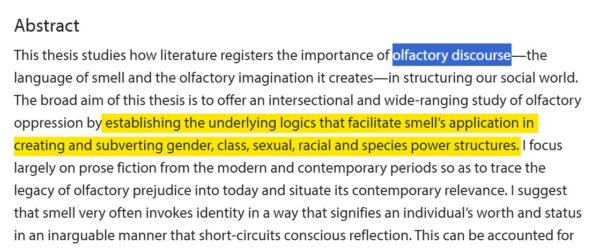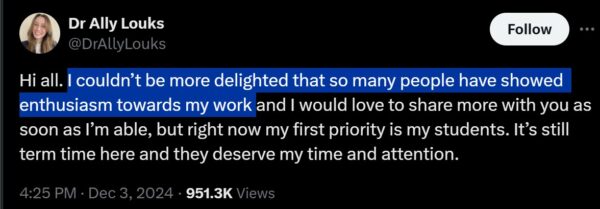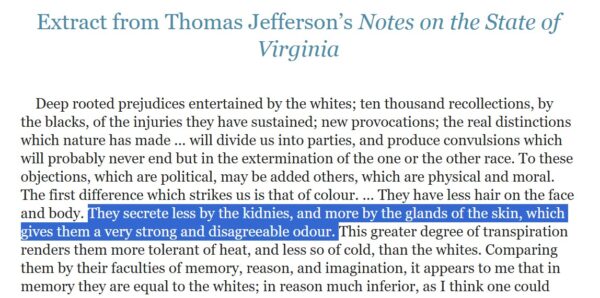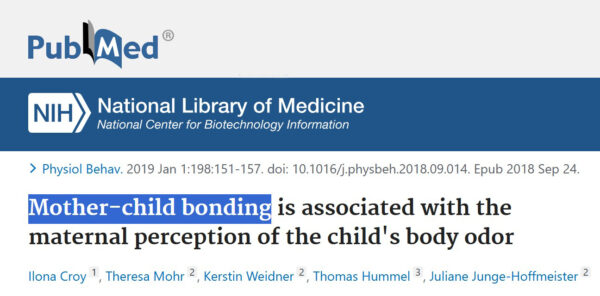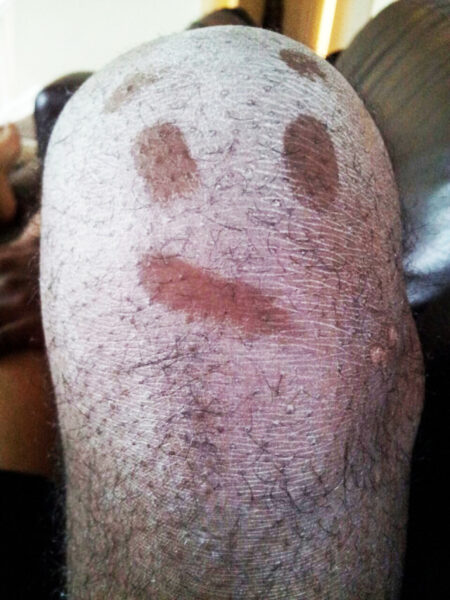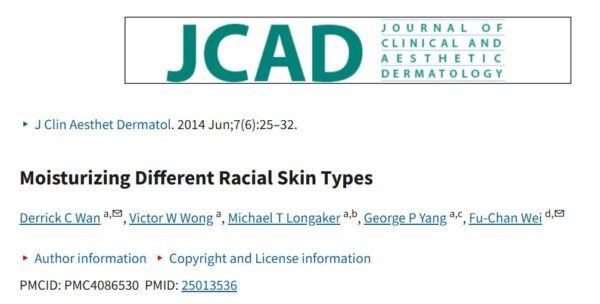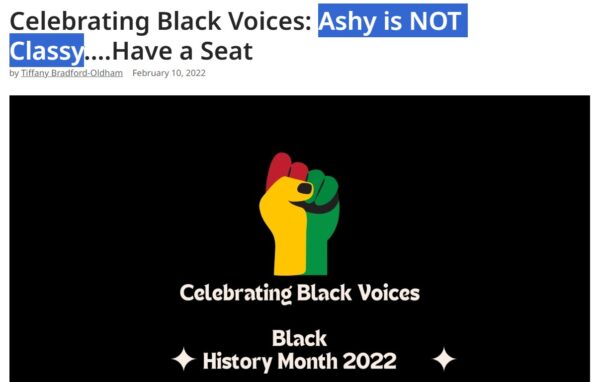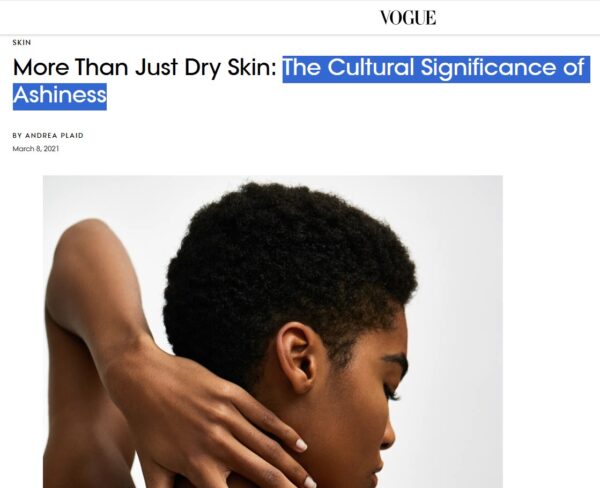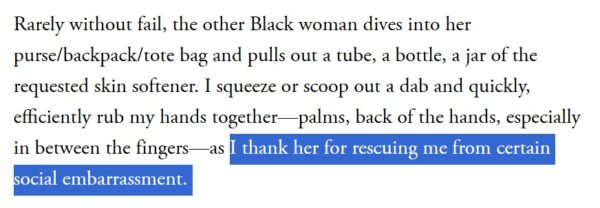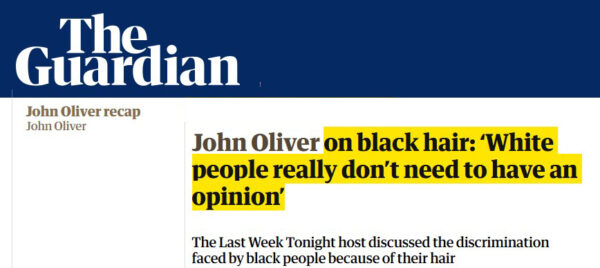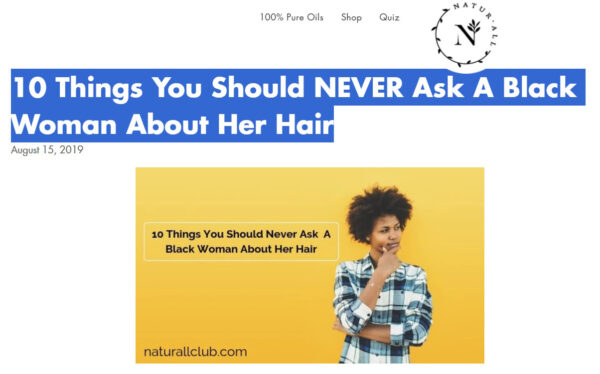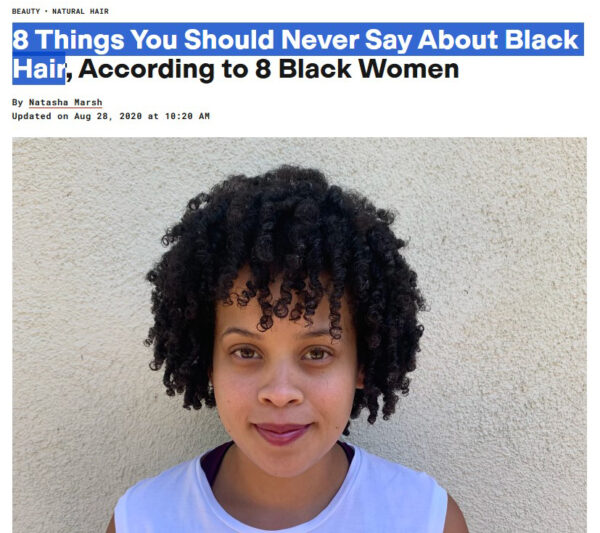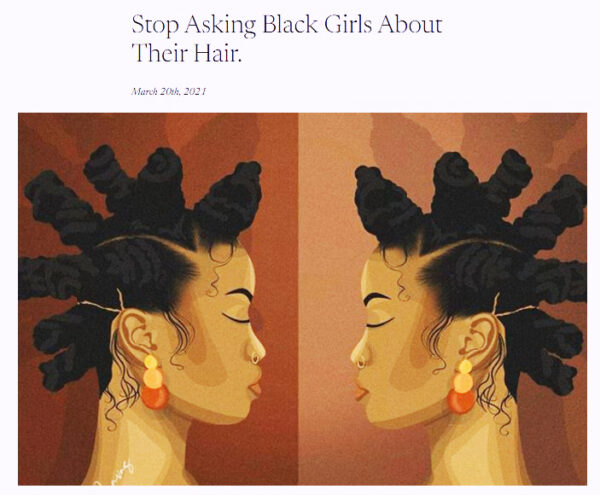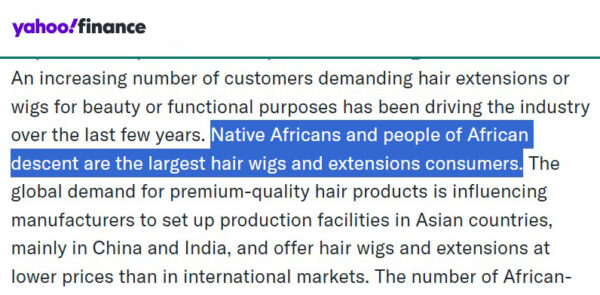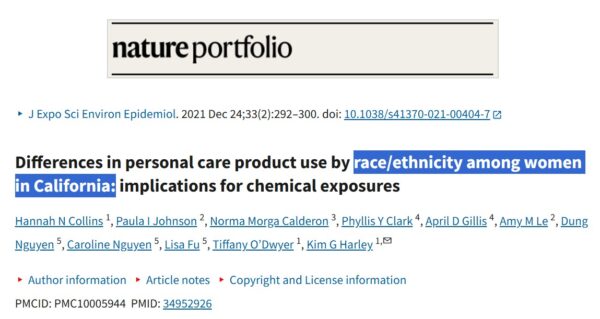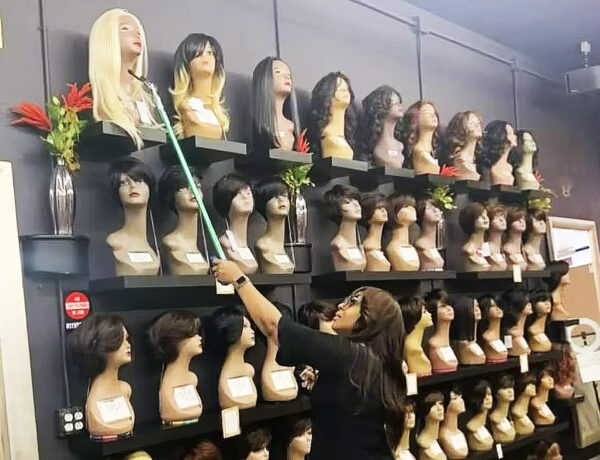This video is available on Rumble, BitChute, and Odysee.
Last month, the internet produced an unlikely star. She is Ally Louks, shown here giggling after she turned in her PhD thesis in English literature at Cambridge.
That was June. Five months later, after she defended her thesis, she posted another photo, announcing that she was “PhDone.”
What turned her into a star was the title of her thesis: “Olfactory Ethics: The Politics of Smell in Modern and Contemporary Prose.”
She posted the abstract, which says the thesis is about “olfactory discourse,” with the purpose of “establishing the underlying logics that facilitate smell’s application in creating and subverting gender, class, sexual, racial and species power structures.”
Oh, dear. The white man even uses smells to oppress victims. She gets into the “intersectional olfactory dimensions of ‘misogynoir’— the coextensive anti-Black racism and misogyny that Black women experience.” “Misogynoir.”
I guess that’s how you push back the frontiers of knowledge these days.
The tweet of Dr. Louks with her degree got more than 100 million views and kicked up such a stink, she broke out of X. The Daily Mail reported, “Woman leaves the internet bitterly divided after sharing ‘woke’ PhD thesis.”
Some commenters said it was a “bullshit” degree, and some said she should get married and have children instead.
But she had defenders: “My first thought was ‘damn what a useless PhD,’ and then I seen all the misogynists in the replies screaming about female education and how she should be having babies instead. You go, girl, get that useless PhD!”
Three Indian papers covered the flap: The Hindustan Times, India Today, and the India Times.
Forbes wrote an article saying that Dr. Louks got “a torrent of abuse,” that showed “the worst side of the internet.”
The “abuse” thing is overblown. Five days after the storm broke, she wrote: “[T]he majority of those commenting and quote tweeting are doing so with generosity, intellectual curiosity, and kindness,” and the next day, “I couldn’t be more delighted that so many people have showed enthusiasm towards my work.” No torrent of abuse.
The fact is, if you go to the Cambridge website and look at the list of recently posted thesis titles, many are bizarre.
How about “Shakespeare and the Ecofeminist Killjoy: Disruptive Women and Untamed Nature in Early Modern England”?
The abstract is even goofier than “olfactory ethics.”
Smell is important. In Notes on the State of Virginia, Jefferson wrote about blacks: “They secrete less by the kidneys, and more by the glands of the skin, which gives them a very strong and disagreeable odour.”
When 19th century Japanese first encountered Europeans, they thought we looked and smelled awful.
Jefferson and the Japanese were on to something, and science proves it:
The Journal of Chemical Ecology has an article called “The Effect of Ethnicity on Human Axillary Odorant Production,” that is to say, armpit BO, and “ethnicity has a significant impact on human axillary odor production.”
This was no casual armpit sniffing. The study used gas chromatography/mass spectrometry to determine race differences in the specific chemicals in armpit BO. Here are four different components, with the Asian amount in black, whites in white, and blacks in blue. For all of them, blacks produce the most, and in all but one, Asians produce the least.
This is a different stink that only 20 percent of Asians produced. Sixty percent of whites did, and 90 percent of blacks.
Smell is important in mating.
This article from the Proceedings of the Royal Society B is called “MHC-dependent mate preferences in humans.”
In summary, women had clear preferences in male body odors, and the smells they liked most were from men with whom they were likely to have children with the strongest immune systems. Ladies, follow your nose, not your heart.
An article called “Does Personality Smell?” found that men and women can make a pretty good guess about someone’s personality from body odor, especially about extraversion, neuroticism, and dominance.
One sniff can tell you more than a sun sign.
A study of mother-child bonding found that healthy mothers recognize and like the smell of their own babies.
Mothers – with equally discriminating noses – who can’t recognize their baby’s smell, have trouble bonding.
So don’t mock Dr. Louk. Smell matters.
Back to race differences. This article on “volatile organic compounds” – that’s smelly stuff – in “human cerumen” — that’s ear wax — found that white folks’ earwax had “much higher levels” of stink than Asians.
Blacks weren’t studied.
One race difference that really interests blacks is what they call “ashy” skin. When black skin gets dry, it gets whitish flakes that make it look “ashy.” This is a knee that is so ashy you can draw a face on it.
And science finds that the races are different in how they keep skin from drying out.
This table shows that in most respects, black skin is least able to stay moist, Asian skin does best, and whites are in between.
Ashiness is serious stuff for black people. “Ashy is NOT Classy” writes this black woman during Black History Month.
“There is nothing more horror-inducing than being accused of being ashy in the Black community.”
If you are known as an ashy black you can find yourself “being called out, ostracized and in some cases your very Blackness being questioned.”
Wow.
And I bet you didn’t know, honky, that using hand cream to stop ashiness is a heroic blow against white supremacy. Vogue, no less, explains “the cultural significance of ashiness.”
The article starts with the author suddenly seeing herself going ashy between her fingers and panics because she forgot her hand cream. She flags down a black woman who gives her a couple of squirts.
“I thank her for rescuing me from certain social embarrassment.”
“ ‘You’re welcome, sis,’ she says. We smile at each other in an intersecting moment of feminine understanding and racial uplift: another sistah redeemed from ashiness.”
“It’s about how we communicate our value to one another, that [white supremacy] will not keep us down.”
So, now you can sympathize with Ashy Larry.
And then there is black hair, with which black women are obsessed, but whites better keep quiet about. “Dear White People and Allies: Don’t ask me about my hair.”
“on black hair: ‘White people really don’t need to have an opinion’.”
“10 Things You Should NEVER Ask A Black Woman About Her Hair.”
“8 Things You Should Never Say About Black Hair.”
“Stop Asking Black Girls About Their Hair.”
Serious stuff.
But, as this lady explains, the real problem may be black hair, not white people.
It’s true: Black women buy a lot of wigs. This report on “The global hair, wigs, and extensions market” says that “Native Africans and people of African descent are the largest hair, wigs, and extensions consumers.”
This study of “race/ethnicity among women [living in] California found that 71.6% of Black women used hair extensions or weaves at least once per year, while less than 10% of White, Vietnamese, and Latina women did.”
Every black neighborhood has wig shops, and the internet is full of wigs for black women.
Look at this classy do. Only $5.89.
It may be that if you want to get to know a black lady, a leaf blower is a good way to break the ice.
We’ve come a long way from Dr. Ally Louks, who I don’t think is wearing a wig, but we can thank her for sending us in very interesting directions.




